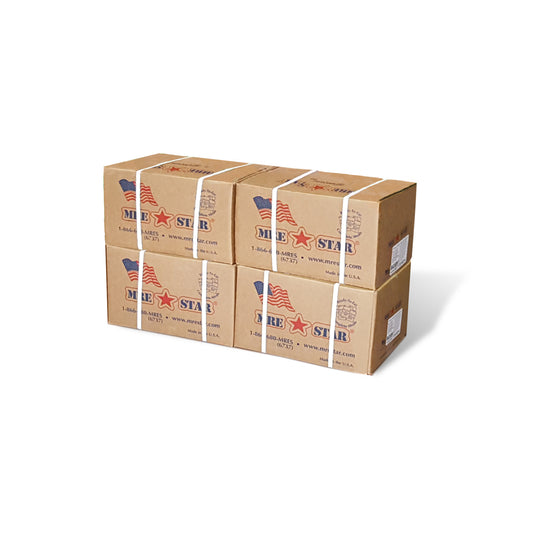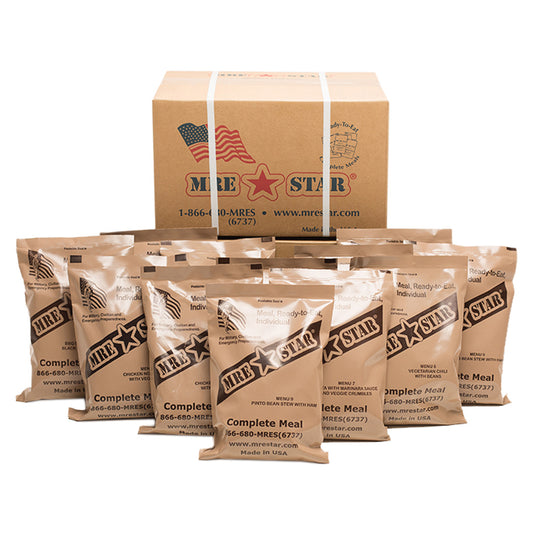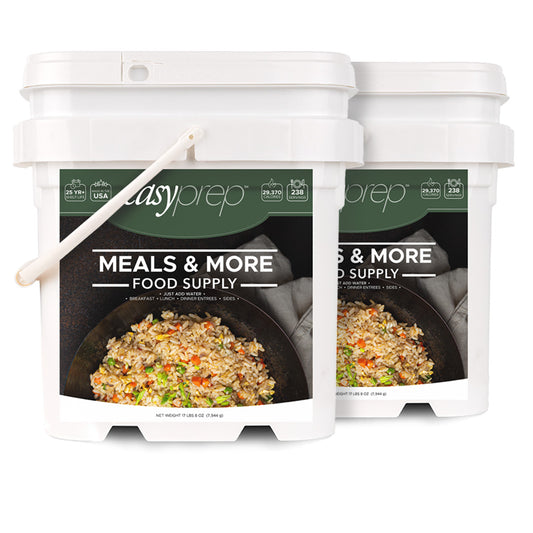Emergency Documents You'll Need
When planning out what to put in your 72-hour kit or bug-out-bag, it's important to also have extra copies of emergency documents. It could indeed save your life. There are certain identification, insurance and personal documents that you’ll wish you had during an emergency. Here are a few things to consider while collecting your important papers:
How to store
It’s pretty easy to digitize your records to fit them all onto a hard drive or flash drive. If you choose not to go this route, you can always keep copies of these documents in a water-proof folder. You might consider creating a master list (or Excel spreadsheet) to track all of your documents. However you store your documents, you’ll want to make sure that they are housed in a waterproof document holder of some sort. There are also fire-proof containers that protect against heat damage.
Where to store
During an emergency, you’ll want to know where this information is. We recommend that you put this information in a 72-hour kit. By placing this information on one of the exterior pockets, it will be easy to access if you need to get to it quickly. You can also make copies to be placed in your emergency supplies at home.

Types of documents
Identification papers: Copies of documents like your passport, driver’s license, social security card, birth certificates, and others are important to include in your emergency kit.
Insurance papers: If a natural disaster struck, how would you get in contact with your insurance company? It’s a good idea to have contact information for your insurance company and bank. You should include account numbers. Be sure to include photos, descriptions and other documentation about the items in your home. Some families have even taken video tours of their home to show proof of them owning certain items in their home. You could also include copies of house or property ownership if that becomes disputed.
Personal documents: While preparation might not protect certain family heirlooms, you can also take precautions against loosing certain family valuables like marriage certificates, treasured photos, family history records or old family keepsakes. Some families have completely digitized their records to fit on a single flash drive or hard drive.
Medical documents: Making copies of vital medical records is a great thing to include in emergency plans. These could include allergies, prescriptions that you are on, immunizations, medical conditions, etc.
Contact information: You should have the names and phone numbers of a few vital contacts - a family relative that lives out of state, your insurance contact, etc. You can also include information on who people should contact if you or your pack is found.
List
Here is a list of some of the documents that you should consider:
Insurance
|
Medical
|
So what other ideas have you found helpful? What records do you keep? How do you keep them?












